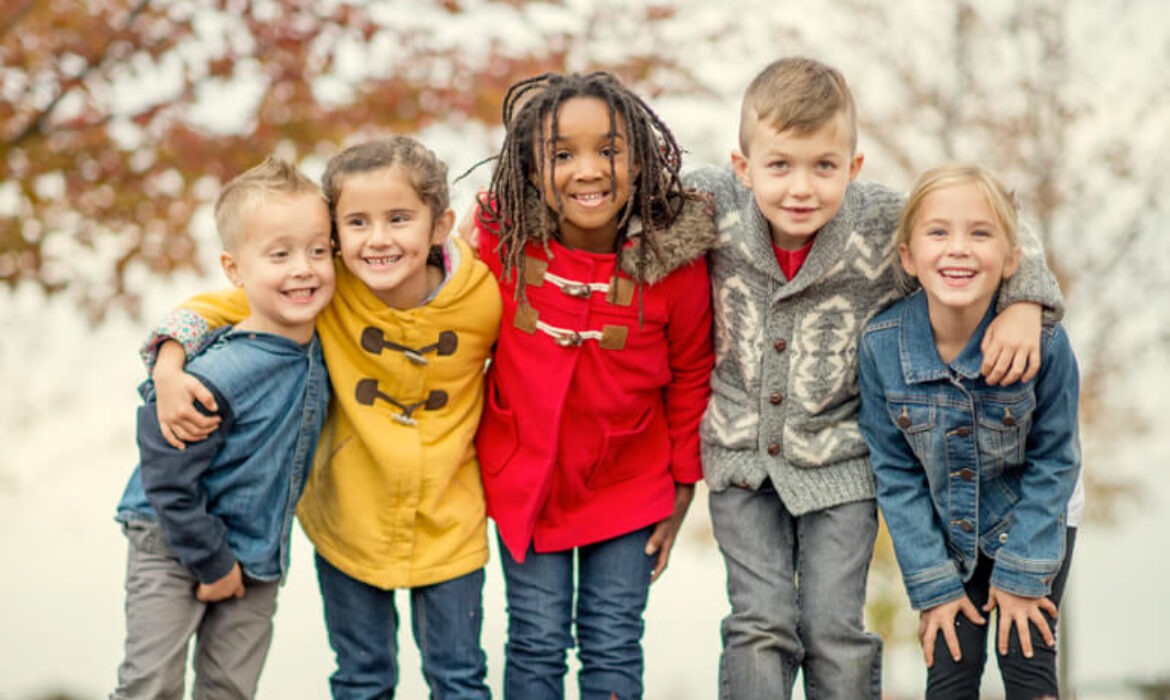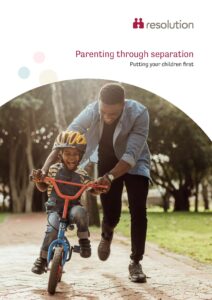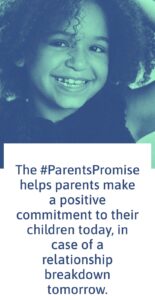
PSYCHOLOGICAL IMPACT OF DIVORCE ON CHILDREN
Any change in a child’s life can have an unsettling knock on effect and Divorce is no different to this. In some cases, divorce can cause psychological issues for children. We take a look at how parents can help children adjust.
Divorce or separation affects children differently, with some more resilient and able to bounce back faster than others.
The first year is understandably the hardest for most, with a risk of anxiety, distress, disbelief and anger. For many, they adjust to new routines and new living arrangements. However, a small proportion of children experience ongoing difficulties. I frequently talk to parents about how they and their children coped with the Covid Lockdown and in particular the first Lockdown in March 2020 and use this metaphorically to divorce and separation. An unprecedented period of time in their lives with lots of unknowns and uncertainties, worried about how this may impact upon you and the financial consequences and suggest that as a family you managed to get through this with the children unscathed and your divorce / separation can be the same.
The emotional impact of divorce on children
Children have different levels of understanding of what a divorce means and how it will affect their lives.
Young children may struggle to understand why they have to live between two homes and they can sometimes worry that if parents stop loving each other, they could also stop loving their child as well.
Older children could think that the divorce is somehow their fault and that it was a result of their misbehaviour or because they did something wrong. Teenagers may be angry and could blame one parent, or alternatively resent both parents for the disruption and change in the family structure.
The children’s relationship with both parents will change, with one parent usually losing daily contact while the other takes on more of the care and is consequently likely to be under more stress.
For some children, the actual separation isn’t the hardest part. Instead, they find the changes that divorce brings are the most difficult, such as moving to a new home, changing schools and living with a single parent who is under more pressure than before. A reduction in financial means can also be apparent to children.
Sadly the number 1 mental health issue for children being referred to counselling are the effects of family breakdown (Fegans 2020). ‘Ongoing family tensions’ is one of the most common presenting issues in primary-age children who are referred for Place2Be’s one-to-one counselling (67%).
Helping children to adjust to the new situation
There is plenty that parents can do to help children through a divorce or separation.
Firstly, keeping conflict and acrimony away from the children is a must. Even a small amount of tension can sometimes increase a child’s stress levels.
Asking children to choose between parents in any situation should be avoided, as well as asking them to pass messages on to the other parent. Putting children in the middle can risk depression and anxiety.
The relationship between parent and child should be warm and positive with low levels of conflict. A healthy parent-child relationship has been linked to better self-esteem in children and better academic performance following divorce.
Discipline should be firm and consistent, with consequences for unacceptable behaviour. This has been shown to reduce delinquency and improve academic performance.
Working with your child to teach them how to cope with difficulties can be a huge help, as can driving home the message that although going through divorce is difficult, they are strong enough to handle it.
If you or your child are struggling, professional assistance can be hugely helpful in teaching you both how to deal with the new situation. There is now lots of useful resources on the internet for both you and your child. Do your research and if you are struggling don’t hesitate to reach out for support as early on as possible. A good starting position can be found here:-
• Childline
• Voices In The Middle
• Young Minds
• Fegans
• Shout
As well as a really helpful publication from Resolution “ parenting through separation “
However, if you haven’t separated and are reading this then you may wish to consider what you would do if you were to separate. How would you like to co parent with you then ex and minimize any harm to your children. An organization called the Positive Parenting Alliance are encouraging families to have these difficult conversations and launched their website earlier this year promoting the same and asking parents to sign up to the parents promise pledge, a bit like a pre nuptial Agreement protecting the biggest asset families have…check out their website here:-
If you would like more information or are worried about your children or how to manage your separation then please make contact with us here .






